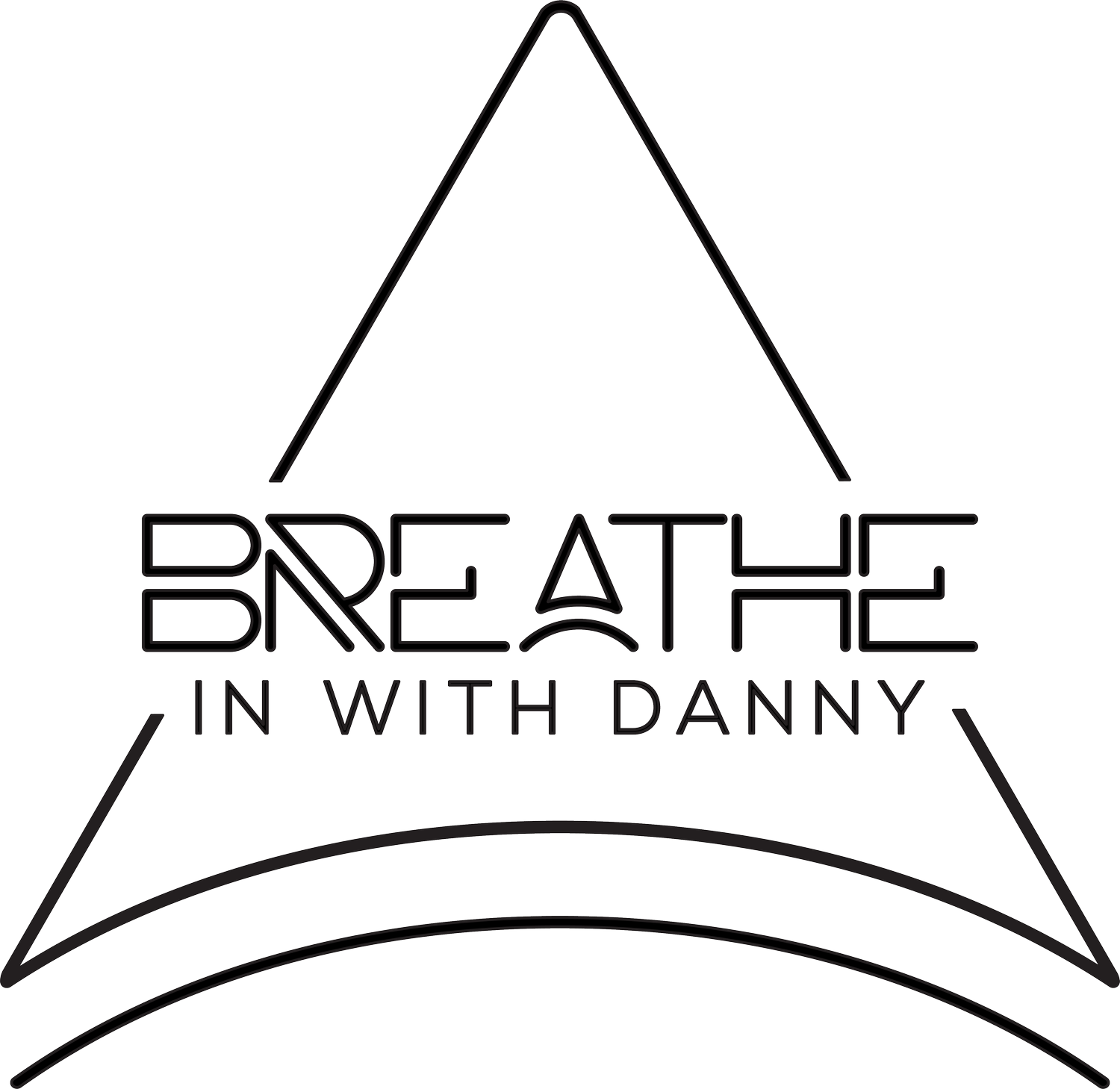Breathing makes you happy.
The vagus nerve, is the primary nerve of your parasympathetic nervous system. This system is super important because it controls major body functions such as digestion, heart rate, and immune system.
Your vagal nerves are part of your body’s nervous system. In plain speak, breathing profoundly affects…
Digestion
Heart rate
Blood pressure
Immune system responses
Mood
Mucus and saliva production
Skin and muscle sensations
Speech
Taste
Urine output
So basically everything! That’s right. The way you breathe impacts the vagus nerve– which impacts every damn thing!
What is the role of the parasympathetic nervous system? I thought you’d never ask….
Your parasympathetic nervous system controls “rest and digest” functions. It’s the opposite of your sympathetic nervous system’s “fight or flight” response. These two nervous systems make up your autonomic nervous system. This system controls involuntary body activities.
The Clevland Clinic published an article on Vagus Nerve Stimulation, noting its success in treating depression. The report states,
Vagus nerve stimulation (VNS) is a type of neuromodulation, which is a treatment that alters the activity of nerves. Vagus nerve stimulation involves implanting a device that sends regular, mild pulses of electrical energy to your brain stem through your vagus nerve in your neck. After reaching your brainstem, the electrical charge is discharged to different areas of your brain to change the way brain cells work.
In other words, you can learn to utilize breathing exercises to shift your focus from stress or pain. Shallow chest breathing, also known as vertical breathing, signals the brain to stay in a sympathetic state of preparedness—also known as a fight or flight. While being in this state, your body is prevented from the much-needed rest and digest parasympathetic state.
Moreover, breathing is responsible for expelling 70% of the stress hormone cortisol; vertical breathing prevents your body from expelling and increases it.
The good news is that you don’t need an implant to tap into this natural state. One of the simplest ways you can stimulate the healthy function of the vagus nerve is through deep, slow belly breathing.
Our human minds process one thing at a time. If we focus on breathing mechanics, the rate will slow. It is more conducive to a calm, happy state of mind to slow the respirations per minute by breathing more efficiently than rapidly.
In the article The vagus nerve: your secret weapon in fighting stress, written for Allied Services Integrated Health System, Megan Horeis, DPT, PT, WCS, recommends the following to promote better health:
Breathe more slowly (aim for six breaths per minute).
Breathe deeply from the belly.
Think about expanding your abdomen and widening your ribcage.
Exhale longer than you inhale.
We can participate in nature simply by breathing how we are designed to breathe. The National Library of Medicine published an article supporting the practice of using conscientious breathing to activate the vagus nerve:
In particular, we investigate the role of particular breathing techniques (low respiration rate, long exhalations) integral to contemplative activities and show that these techniques are prime candidates in explaining the benefits of Contacts for health and mental health. Furthermore, we provide mechanisms and a neurophysiological model that can explain how respiratory patterns produce these effects; through vagal nerve stimulation.
How we breathe affects how we feel; how we think impacts how we breathe. If you want to be a happier human, take part in the connection.


